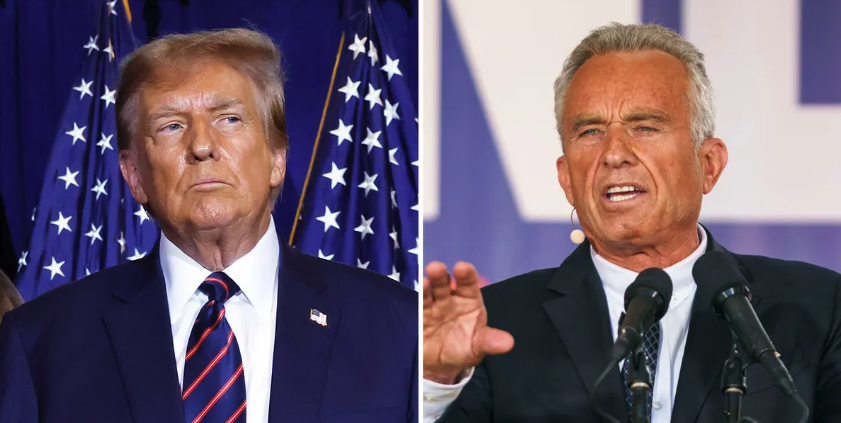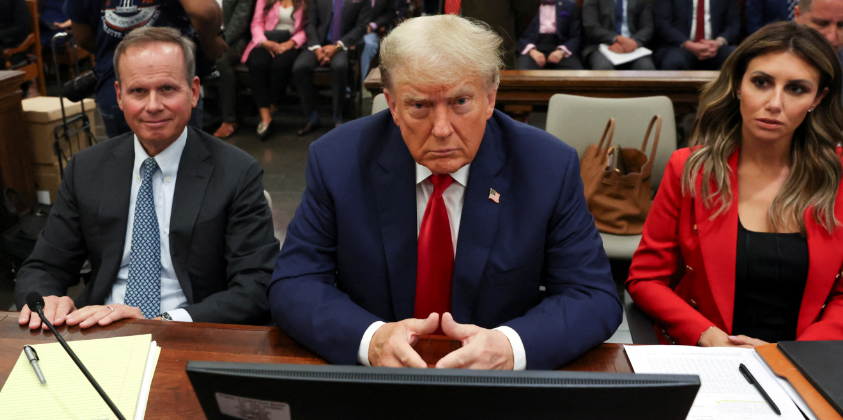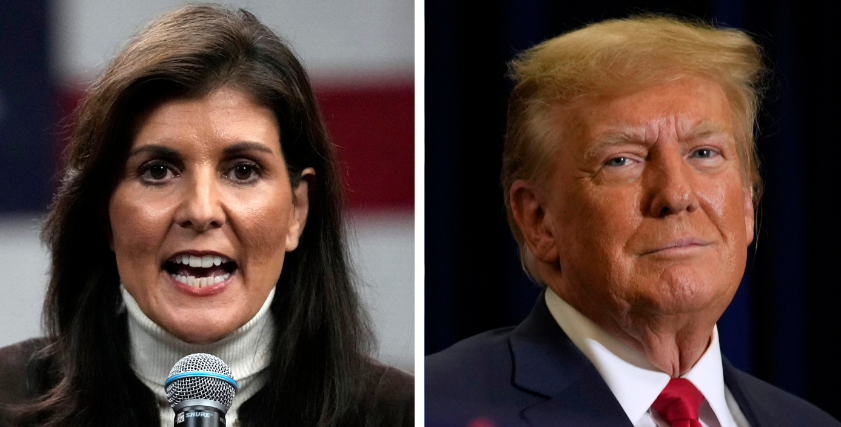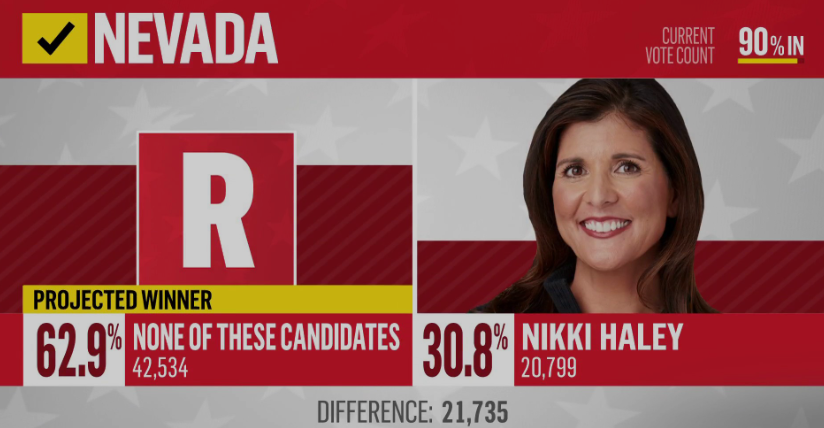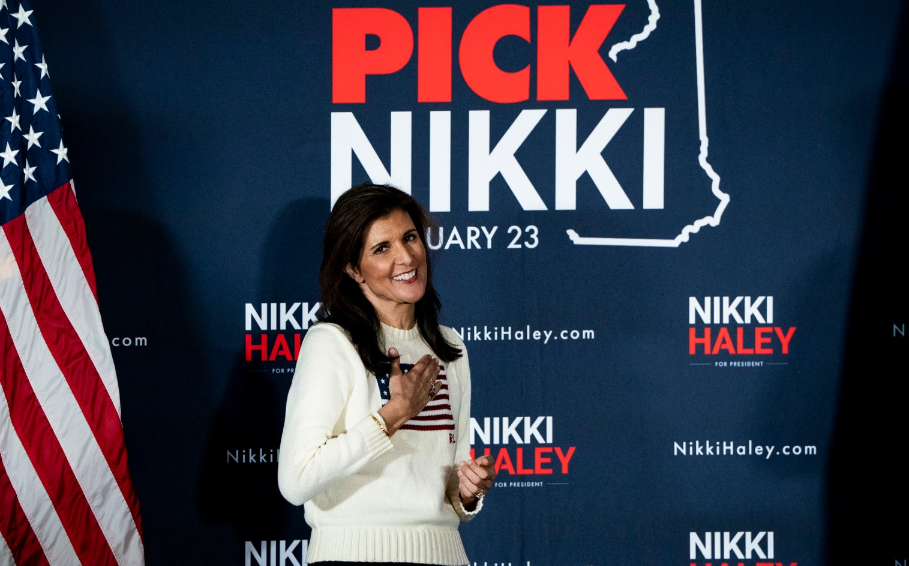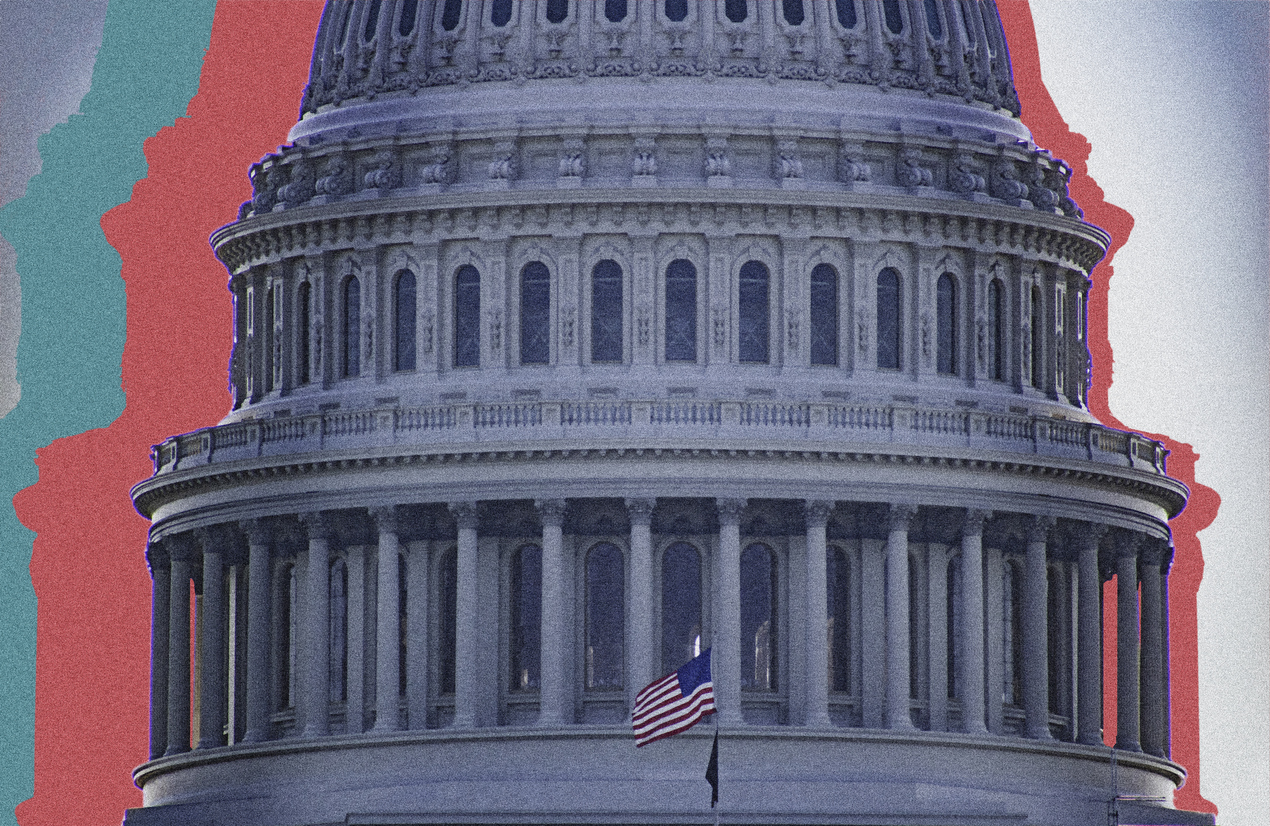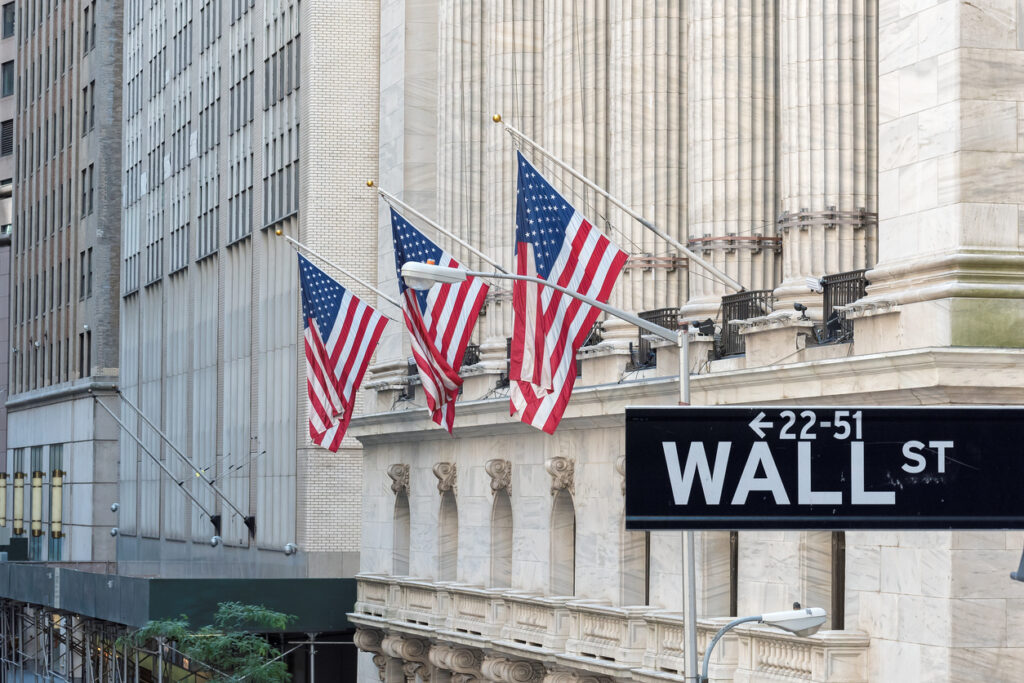
In a dramatic interplay of confidence and skepticism, former President Donald Trump has taken to Truth Social to champion his media company amidst a swirl of financial scrutiny. The platform, which Trump touts as a burgeoning success, finds itself at the center of a whirlwind of Wall Street speculation and critique. Trump’s declaration of Truth Social as an “AMAZING” venture stands in stark contrast to the apprehensions of market veterans, igniting a fascinating discourse on the value and viability of such a polarizing enterprise.
Trump’s engagement on Truth Social underscores not just a personal endorsement but a strategic move to bolster the platform’s credibility and reach. With over $200 million in cash reserves and a debt-free proclamation, Trump positions the platform as a rapidly expanding entity. Yet, this optimistic outlook is juxtaposed against a backdrop of financial losses and Wall Street’s wary gaze. The parent company of Truth Social, Trump Media & Technology Group, recently went public, capturing the market’s attention with a notable surge in stock value. This initial enthusiasm, however, has been met with a more sobering reality as financial results reveal a significant net loss against modest revenue, prompting a reassessment of the company’s market valuation.
The investment community’s reaction to Truth Social’s financial disclosures has been mixed, with some investors rallying behind the brand’s emblematic figurehead, viewing the company as a bet on Trump’s continued influence and potential future endeavors. Others, however, remain skeptical, citing the disparity between the company’s valuation and its financial fundamentals. The divergent views on Truth Social’s prospects highlight a broader debate over the role of personality-driven investments in the modern market landscape.
Truth Social’s mission, grounded in championing “free speech” and challenging the hegemony of “Big Tech” giants, taps into a vein of political and cultural discourse that transcends mere financial analysis. This ambition to cultivate a “media and technology powerhouse” reflects a desire to reframe the narrative around digital platforms and their role in public dialogue. Nonetheless, the platform’s struggle to attract a substantial user base, especially when compared to giants like Elon Musk’s X (formerly Twitter), raises questions about its long-term viability and ability to fulfill its lofty ambitions.
Central to the intrigue surrounding Truth Social is the persona of Trump himself, whose prolific use of the platform has become synonymous with its identity. This fusion of brand and individual has led some to view Truth Social not merely as a company but as an extension of Trump’s political and social movement. This perception underscores the challenges and opportunities inherent in leveraging personal influence to drive a business’s success in the highly competitive and ideologically charged arena of social media.
As Wall Street and the wider public grapple with the implications of Truth Social’s financial performance and strategic direction, the platform remains a testament to the complex interplay between politics, personality, and profitability in the digital age. Whether Truth Social can transcend its current challenges and realize its vision of becoming a counterweight to mainstream social media platforms is a question that will continue to animate discussions among investors, analysts, and observers alike.
In essence, the saga of Truth Social encapsulates the uncertainties and possibilities of the contemporary media landscape, where the dynamics of market valuations, user engagement, and ideological aspirations converge. As the platform endeavors to navigate these waters, its journey offers a compelling case study in the power of branding, the allure of celebrity, and the unpredictable nature of the market’s response to ventures that defy conventional categorization.

